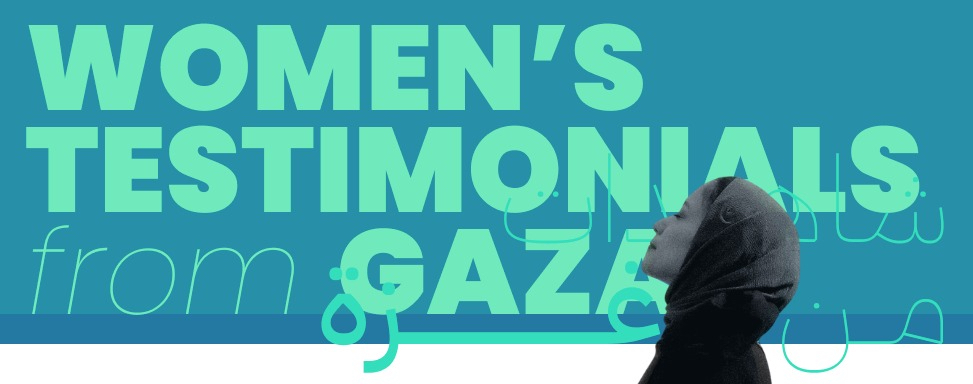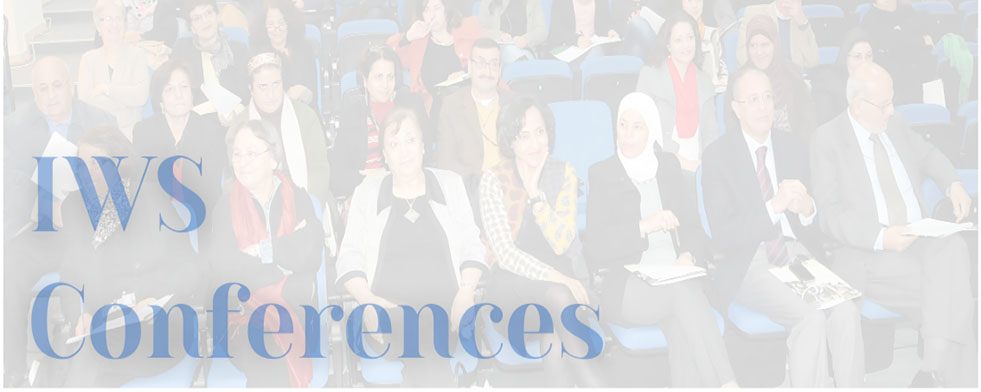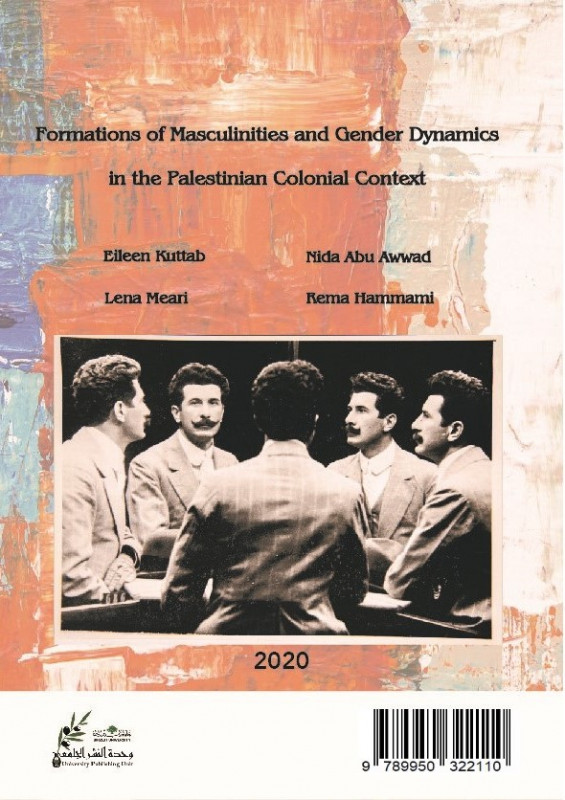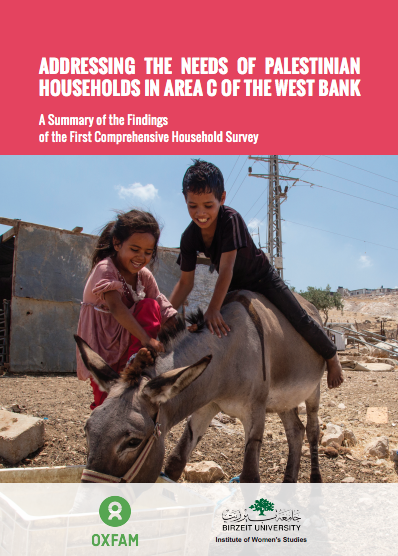Gender and Citizenship in Palestine pdf
Year: 2005
Author: Shahnaz Joubran
Supervisor: Eileen Kuttab
Discussion Committee: Nader Said & Basem Zubaidi
Abstract
The current study aimed to examine the effect of the absence of a sovereign Palestinian state on the concept of citizenship in Palestine and especially on women. In addition to the effect of the patriarchal system on women citizenship. It also, tried to identify the differences between women organizations (Women Committees for social work, Women Work Committees, Palestinian Women Committees, Al Khansa’ Society) in conceptualizing citizenship.
It studied the period between 1994-2000, and took place in the areas where the Palestinian Authority has civil and legal control and management.
The current study is a qualitative research, which involved in-depth semi-structured interviews with a sample of 12 women, selected according to pre-determined abstract criteria. In addition to that, it used the content analysis for the documents and the publications and programs for the studies organizations.
Gender-based analysis was the analytical framework for this study, which could be summarized in 6 issues: Gender Practical and Strategic Needs, Public and Private Spheres, the State, Equality Vs. Difference, Social and Financial Value for Women’s Roles, and Empowerment.
The results of the study could be summarized in the following:
- There is a difference between the vision and the thought of the three unions and the Islamist society. The three unions are calling for women rights from civil and secular point of view. On the contrary, the Islamic society is based on the Islamic Shari’a in calling for women rights.
- The four organizations were agreed on some elements in defining citizenship as controlling the relationship between the individual and the state and controlling the relationship between the individuals and the sexes themselves.
- The main difference between the participants in defining citizenship appeared in the issue of the individual as an abstract entity versus the individual with his/her religious, political and familial loyalties and identities.
The results connected to the analytical framework, came as follows:
- There is an obvious diversity between the three unions and the Islamic society, in terms of providing women –through their projects and programs– with their needs. In the time that the three unions have worked with women to achieve practical and strategic gender needs, the Islamic society worked to achieve practical gender needs only.
- All the studied organizations were calling for equality, but the Islamic society called for integral equality and not sameness equality.
- - All the studied organizations were calling for special rights for women concerning pregnancy and birth.
- Participants from all the organizations were divers in their point of views about the extension of the biological differences between men and women to the public or/and private spheres.
- A total agreement between all the participants on the importance of the state and the necessity of the state interference in the public sphere.
- A total agreement between all the participants in considering women roles inside the private sphere and the public sphere as equals.
- The participants’ point of views about empowerment were summarized in considering it from one hand, as consisting of a national struggle to achieve freedom, and on the other hand, a democratic struggle to face the effects of the patriarchal system in order to achieve equality and social equity.




